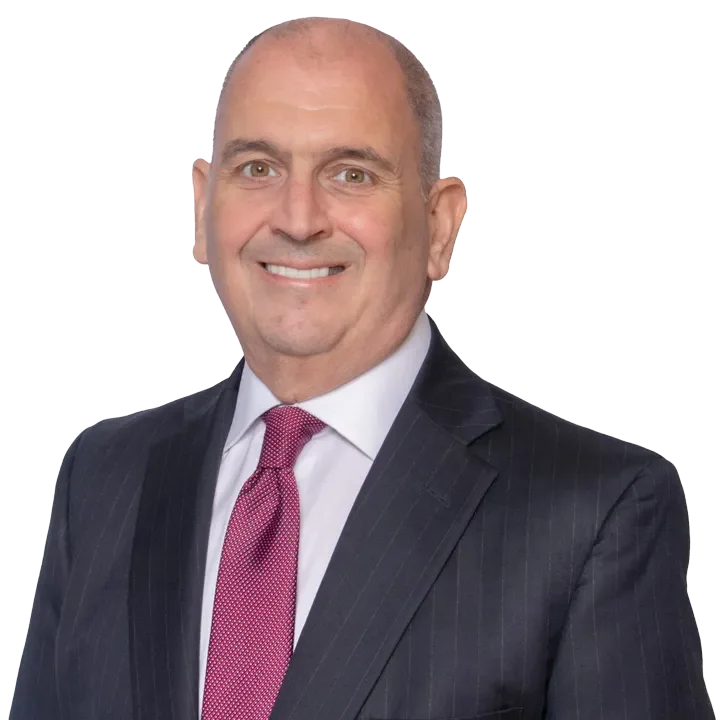ASAP
Wave of COVID-19 Litigation Already Rising, Threatening Employers as They Return to Work
The wave of COVID-19 litigation is not coming; it has arrived. Even before most states open back up for business, plaintiff’s lawyers are suing employers for a variety of alleged violations related to the virus, including discrimination, workplace safety violations, and unpaid overtime. Notably, the volume of these filings has begun to accelerate sharply. Employers should prepare themselves now for the deluge.
COVID-19 has devastated the labor market. As the pandemic seized the country, employers across the country took unprecedented actions to save their businesses. They closed shops, reduced salaries, and laid off workers in record numbers. The scale of these efforts can be seen in the unemployment figures: in the first seven weeks of the crisis, more than 33 million people filed new claims. Roughly one in five people who were working before the pandemic are now unemployed.
This disturbance in the labor market is already generating lawsuits. From March 17 to May 2, 2020, plaintiff’s lawyers filed almost 30 complaints related to COVID-19 in federal court. That number is perhaps small in comparison to the scope of the crisis, but the trend points sharply upward. While only seven cases were filed in March, 22 were filed in April—an increase of more than 215%.
These lawsuits give a preview of what claims could be expected. Eight lawsuits allege violations related to leaves of absence, six raise claims for discrimination and harassment, five for wage-and-hour violations, three for workplace safety, three for constitutional and civil rights issues, and two each for business restructuring and labor relations violations. So far, many of the filings are concentrated in states with stringent employment regulations, including California, New York, and Illinois. Leading the pack, however, is Florida, in which five COVID-19-related lawsuits have been filed.
The complaints vary, but they reveal several trends. For example, many plaintiffs are claiming that employers are doing too little to protect employees from exposure. They claim that employers should be providing more protective equipment, staggering shifts, and limiting contact with customers, among other things. Other plaintiffs are targeting employers for allegedly failing to pay COVID-19-related overtime; for example, by failing to pay for time spent putting on and taking off protective equipment. Still others are alleging that employers are retaliating against employees for complaining about dangerous working conditions.
These complaints come on top of those already filed in state courts, where plaintiffs are raising similar claims. For example, several plaintiffs have sued companies for classifying them as independent contractors and thus, allegedly, denying them paid sick leave under state law. Other plaintiffs have attacked employers for failing to follow the CDC’s recommendations for social distancing in the workplace, thus allegedly exposing them unnecessarily to the virus.
For employers already facing an uncertain business climate, these lawsuits are potentially devastating. They could force employers to field a variety of claims ranging from discrimination to workplace safety. Meanwhile, employers are already trying to navigate vague guidance about how to bring employees back safely. State and national health officials have recommended, among other things, that employers provide adequate protective equipment and encourage social distancing. But they have offered little if any detail on how to do those things. Just as employers are trying to understand their obligations and get back on their feet, the lawsuits could potentially knock them down again.
Some lawmakers have recognized the problems facing employers and are starting to react. More than a dozen states have adopted laws limiting COVID-19-related liability for healthcare providers. Others are considering extending liability shields to manufacturers of equipment used to fight the pandemic. And at least one state, Utah, has gone further, enacting a law to limit property owners’ exposure to COVID-19 lawsuits. The law requires plaintiffs to prove that the owners recklessly or intentionally injured them, not just that the owners acted negligently.
Congressional Republicans are pushing for similar legislation at the federal level. Sen. Mitch McConnell (R-Ky.) has said that liability shields are a “red line” in negotiations over the next round of coronavirus relief. Democrats, however, have so far resisted the idea, as have major labor unions. The United Food and Commercial Workers Union, for one, has said that liability shields remove incentives for businesses to protect employees.
The regulatory and litigation environment around these issues is changing daily. Littler Workplace Policy Institute (WPI) will continue to monitor developments and update our clients on important changes.

